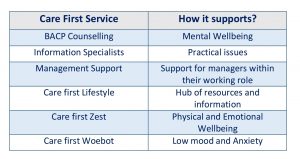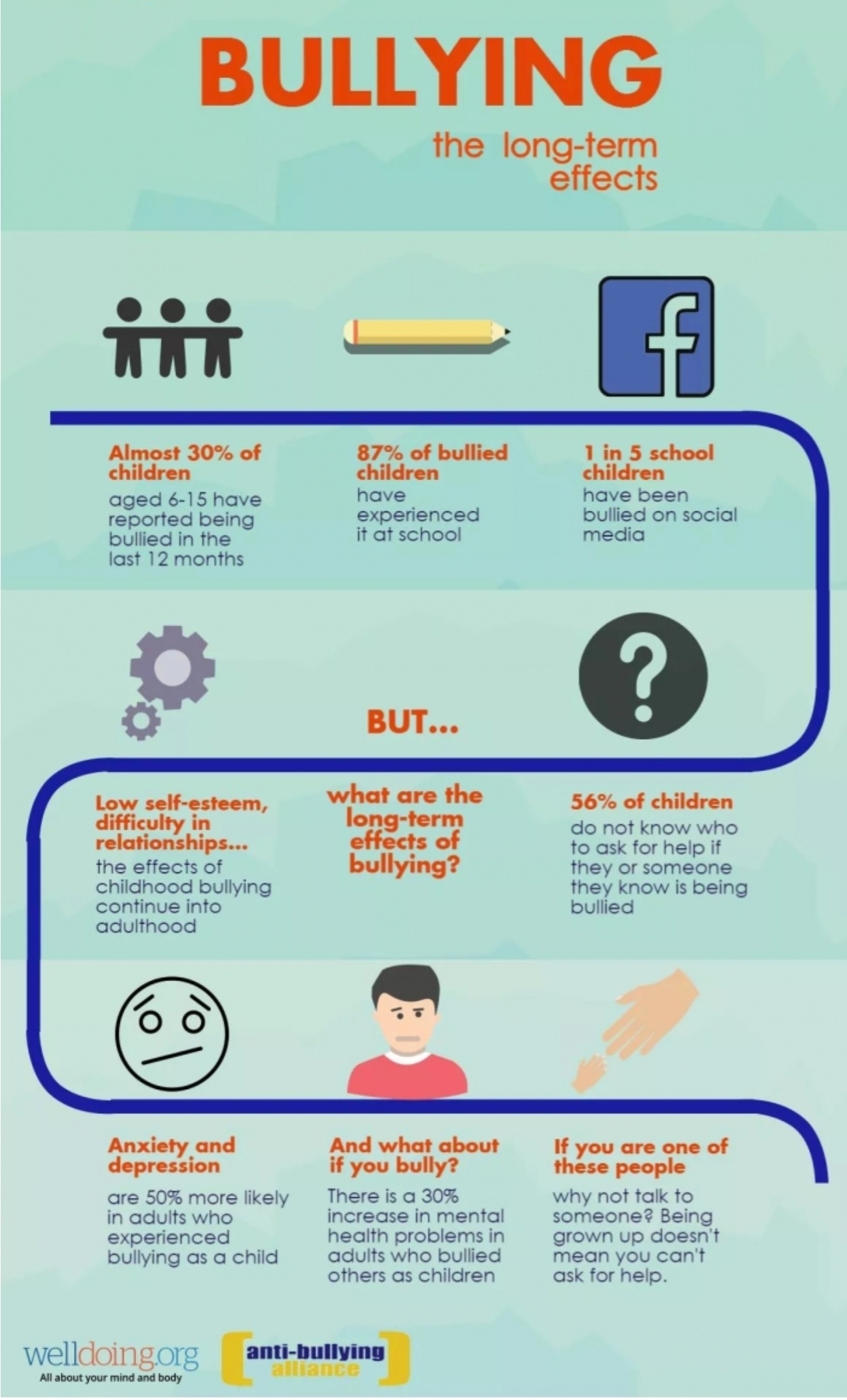PLEASE NOTE: The following information is for the use of qualified Mental Health First Aiders, Mental Health Champions and Managers only
Back in March, the CEO of MHFA England put out a call to all Mental Health First Aid Instructors to mobilise their teams of Mental Health First Aiders, Mental Health Champions and Managers in order that they use their skills and knowledge to support colleagues during the Pandemic and the restrictions that came with it. We knew that the times ahead would be challenging, what we didn’t know of course, was exactly how challenging and how we would all be affected in some way by what was happening worldwide. This is a Global incident which was given Pandemic status as the R number increased.
Care first have ran webinars focussing on how the teams of Mental Health First Aiders, Champions and Managers could help by using their skills to support those working at home and who may be struggling with poor Mental Health – perhaps for the very first time. We may have anticipated that this way of offering support would be in some cases, different and a challenge.
Almost a full 8 months on we have been through the highs and lows associated with the Pandemic and, for many there was a belief that things were slowly returning to normal, even if that “normal” was very different. However, the constantly changing rules and restrictions have caused chaos, uncertainty and anxiety.
We know that for many with Mental Illness and/or poor Mental Health, there has been an increase in the levels of anxiety, fear, depression and the suicide risk has also increased. It is time again for us to revisit how we can continue to support those who are struggling and are again working from home, Also support is needed for those who either have, or are about to return to the workplace
So how can we once again step up our level of support? Initially we need to be OK ourselves before supporting others, so we need to make sure that we all do the following –
- Set a workable routine
- Build in breaks
- Make sure when you finish for the day your “work” is put away
- Make sure you keep hydrated
- Get some fresh air and exercise
- Keep in touch with friends and family
- Learn something new or reinvent a hobby you have not done for a while
- Do something nice for yourself
- Set working and personal goals and reward yourself when you achieve them
- Be kind to yourself (and others)
- Laugh!!
It is important to remember we know about the importance of boundaries within the MHFA role.
The boundaries are there for a reason so ensure to keep to them –
- Make sure you are contactable and check that you are happy to be contacted.
- Remind managers that you are there and can help with staff support.
- Consider your method, for example will you wait for someone to contact you or will you approach them
- What do you already know about the person (if anything)
- How would you feel about setting up a “virtual meeting”
- Consider the skills you have and think about putting together a mental health wellbeing event
- Revisit the ALGEE model and decide how it can be used in terms of supporting those in lockdown
- Apply the tips above to yourself in terms of your wellbeing
- Remember that everyone, whilst experiencing the same thing, will experience it differently depending on their unique window on the world
Think too about how feelings may be influenced by things such as
- Your personal situation
- What lockdown has been like for you?
- Your own views about what’s happened so far, and what should happen next?
- Things that may be outside of your control.
- How resilient are you/they feeling?
- What do you know about yours and others reaction to change?
As restrictions are implemented within the UK, and others may be following different rules to you. Your general mood may feel quite different to how they would be if everyone was going through lockdown at the same time, with everyone following the same rules.
The role of a Wellbeing Champion or Mental Health First aider can on occasion be challenging; with this is mind, Care first can offer support in a one off call. This is not counselling, but rather a one off stand-alone conversation to briefly explore the possible impact of what you may have been supporting an individual with and will enable you to put in to perspective how you may be feeling. Following this exploration the Care first Counsellor will provide you with any necessary support to help you to move forwards and continue in your role.
Equally, Managers are also able to access the Care first Management Support service. All Care first Counsellors are Management trained and are able to provide Management consultancy to support you within your role. For some, the combination of workplace difficulties with personal concerns can lead to a deterioration of performance at work. Change can be a major source of pressure and can provoke negative reactions among employees. For some individuals it will not be possible to contain their anxiety and work effectively. As a Manager, you may be the first to identify those who are not coping well and the Care first Management support service can help and guide you to support employees appropriately whilst still maintaining your managerial boundaries.
If you would like to view the Webinar on ‘Information for MHFA’s, MH Champions and Managers on supporting teams during Lockdown’, this is being delivered live today at 12pm. To register you will need to use the below link :
https://attendee.gotowebinar.com/register/3074297594198781197
If you are unable to join the webinar live, a recording of the session can be accessed using the same link after the webinar has taken place.



